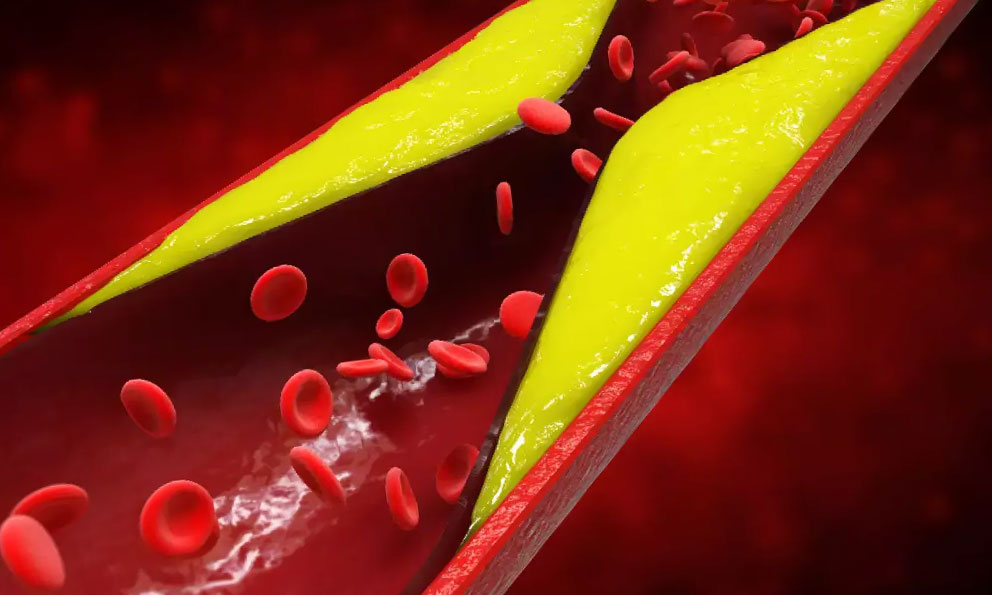The Spanish Agency for Medicines and Health Products has approved a drug that works “similarly” to a vaccine to reduce blood cholesterol concentrations and it is effective for six months.
Is there a cholesterol vaccine? The answer is yes and no. There is no vaccine as such, understood as a biological product that contains a virus or bacteria and is administered to prevent diseases, that acts against cholesterol. But there is an injectable drug, called inclisiran, which has recently been approved by the Spanish Agency for Medicines and Health Products.
Although it may be misleading, The drug has been popularly called a “vaccine” for cholesterol due to the durability of its action of up to six months after administration. and to its mechanism of action, which may make us think of the recent RNA vaccines against COVID-19.
Research into drugs that help prevent cardiovascular diseases is generating very important advances in recent years. ANDElevated LDL cholesterol (popularly known as “bad” cholesterol) is the single risk factor, along with tobacco, that contributes the most to the development of atherosclerosis and cardiovascular diseases.. In the same way, reducing its concentrations in the blood, regardless of whether they are very high or not, is one of the most used strategies that has shown the greatest benefit in the prevention of these diseases.
Recently, there have been reports of cholesterol “vaccines” and genetic modification treatments for people with familial hypercholesterolemia (high blood cholesterol levels from birth) or who have had cardiovascular problems. In both cases, the mechanism to reduce LDL cholesterol is to reduce blood concentrations of a protein that is produced mainly in the liver, called PCSK9.
Thus, when the levels of this protein are high in the blood, the receptors responsible for cleaning LDL cholesterol from the blood are destroyed more, so cholesterol levels increase. On the other hand, when PCSK9 levels are low or are reduced with the help of certain drugs, these receptors have “several lives,” which helps keep cholesterol levels lower.
Objective: reduce PCSK9 concentrations in blood
A few years ago a race began to find drugs that could reduce PCSK9 concentrations in the blood and, thus, reduce LDL cholesterol and cardiovascular risk.
One of these drugs is anti-PCSK9 monoclonal antibodies (evolocumab and alirocumab). These are powerful and safe injectable drugs that are administered every two weeks or once a month, which block PCSK9 proteins from the circulation. This reduces LDL cholesterol concentrations by 50-60% and reduces the risk of developing cardiovascular events such as a heart attack or stroke.
Another drug is inclisiran, which is popularly known as a “vaccine” for cholesterol because it is injectable and has a duration of action of up to six months after administration. This drug allows you to reduce cholesterol by approximately 50% with just two doses a year. Furthermore, its mechanism of action is reminiscent of recent RNA vaccines against COVID-19. RNA is a copy of a gene that contains the instructions for making a protein.
In the case of COVID-19 vaccines, a laboratory-synthesized copy of the viral RNA is administered that allows this virus to produce a specific protein. This RNA, after being injected into a person, puts the cells to work to produce that same protein. When this protein reaches the blood, it is recognized as foreign by the defense system that generates antibodies against them.
In the case of inclisiran, the opposite is done. This drug blocks the RNA that the body uses to produce PCSK9, thereby reducing PCSK9 and LDL cholesterol levels.
2024-01-30 22:14:00
#cholesterol #vaccine


